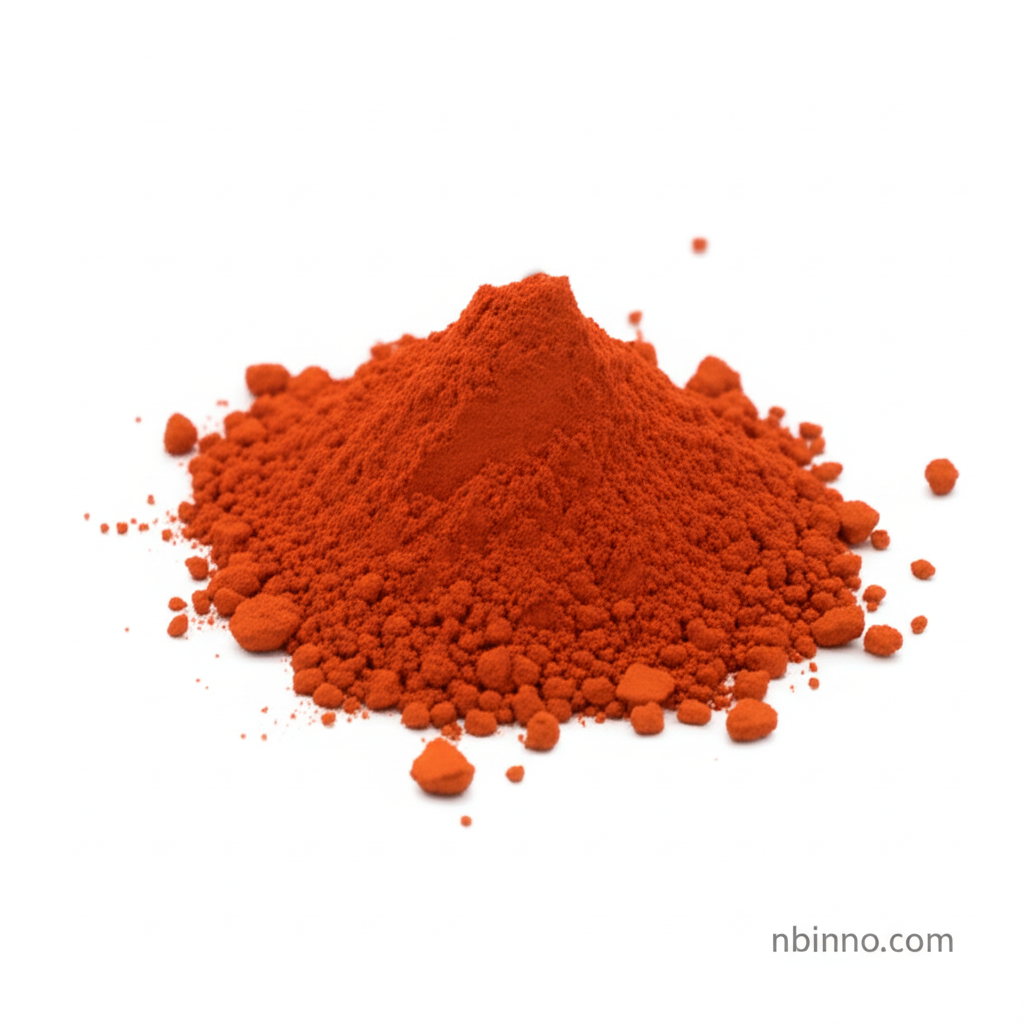High-Purity Tris(2,2'-bipyridine)ruthenium(II) Hexafluorophosphate Manufacturer - Quality OLED Materials Supplier
Discover the leading supplier for Tris(2,2'-bipyridine)ruthenium(II) hexafluorophosphate (CAS 60804-74-2), a key component in cutting-edge optoelectronic technologies like OLEDs and OPVs. We offer high-purity materials essential for your research and production.
Get a Quote & SampleUnlocking Advanced Optoelectronic Performance with Our High-Purity Ruthenium Complex

Tris(2,2'-bipyridine)ruthenium(II) Hexafluorophosphate
As a premier manufacturer and supplier in China, we provide Tris(2,2'-bipyridine)ruthenium(II) hexafluorophosphate (CAS 60804-74-2) with a guaranteed minimum purity of 97%. This high-performance ruthenium complex is crucial for developing highly efficient, low-voltage OLED and OPV devices. We ensure consistent quality and stable supply for your demanding projects.
- High-Purity Material: Sourced from a trusted manufacturer in China, ensuring 97% minimum purity for optimal device performance.
- Key OLED/OPV Component: Ideal as a high-efficiency triplet emitter, vital for advanced OLED and OPV materials.
- Versatile Application: Effectively utilized in electrochemical devices and sensor research.
- Reliable Sourcing: Partner with a dependable supplier for your bulk and R&D needs, offering competitive prices.
Key Advantages of Partnering with Us
Uncompromised Quality and Purity
Our Tris(2,2'-bipyridine)ruthenium(II) hexafluorophosphate, with a minimum purity of 97%, is produced under stringent quality controls. This ensures that researchers and manufacturers receive a product capable of meeting the highest performance standards in sensitive optoelectronic applications. As a dedicated chemical manufacturer, quality is our top priority.
Expertise in Optoelectronic Materials
We specialize in providing advanced materials for organic electronics. Our comprehensive understanding of OLED materials and related technologies means we can offer technical support and ensure you receive the most suitable ruthenium complex for your specific application.
Competitive Pricing and Stable Supply
Leveraging our robust manufacturing capabilities in China, we offer competitive prices for Tris(2,2'-bipyridine)ruthenium(II) hexafluorophosphate. Our efficient production and logistics ensure a stable and consistent supply chain, enabling you to confidently plan your procurement and production schedules.
Diverse Applications for Advanced Materials
Organic Light-Emitting Diodes (OLEDs)
Tris(2,2'-bipyridine)ruthenium(II) hexafluorophosphate serves as a critical triplet emitter in OLED devices, contributing to higher efficiency and brightness. Researchers looking to buy OLED material will find our product meets stringent requirements.
Organic Photovoltaics (OPVs)
Its unique photochemical properties make it valuable for enhancing the performance of OPV materials. Contact us for your needs in next-generation solar cell components.
Electrochemical Devices
This ruthenium complex is fundamental in the development of various electrochemical devices due to its conducting polymer characteristics and redox properties.
Photocatalysis and Sensor Research
Its catalytic activity and light-emitting properties make it an excellent choice for photocatalysis research and the development of sensitive chemical sensors. Explore how our material can advance your sensor research.
